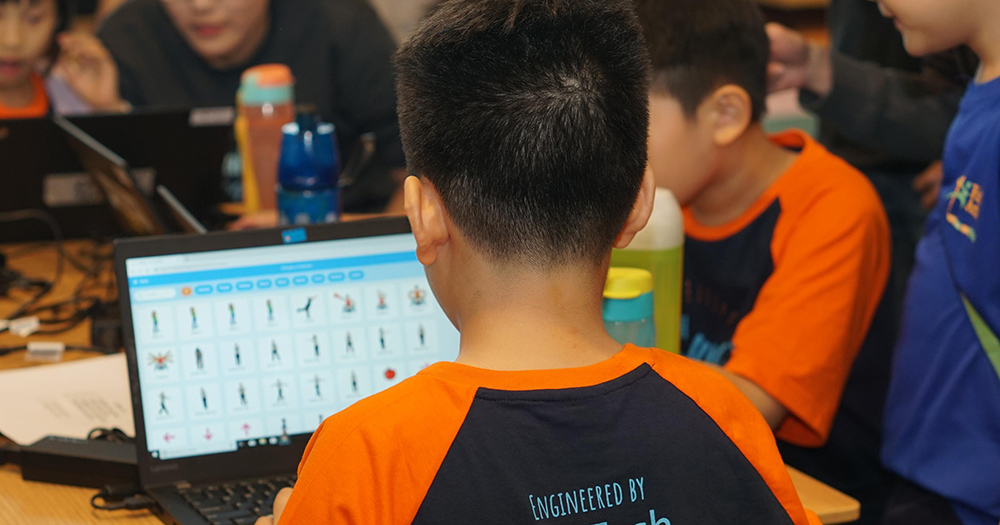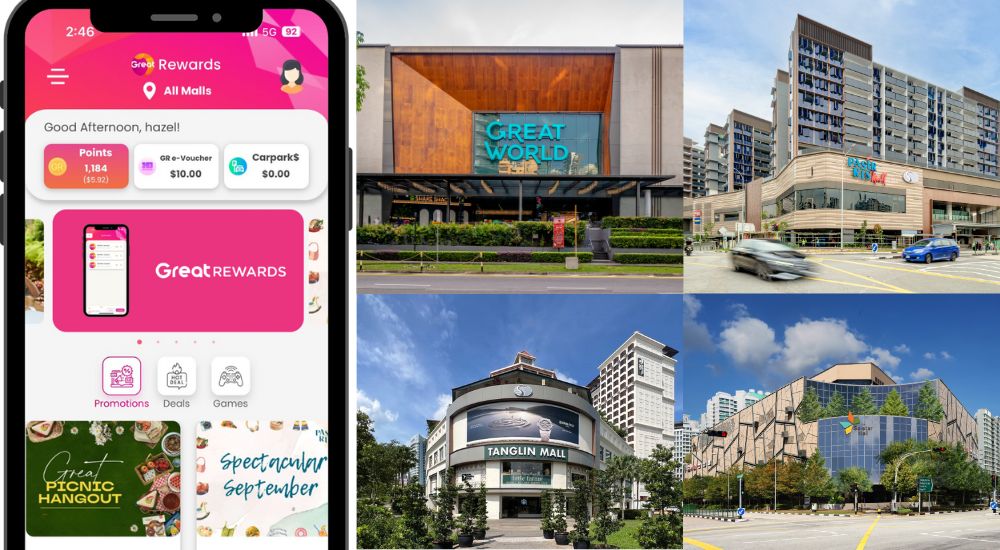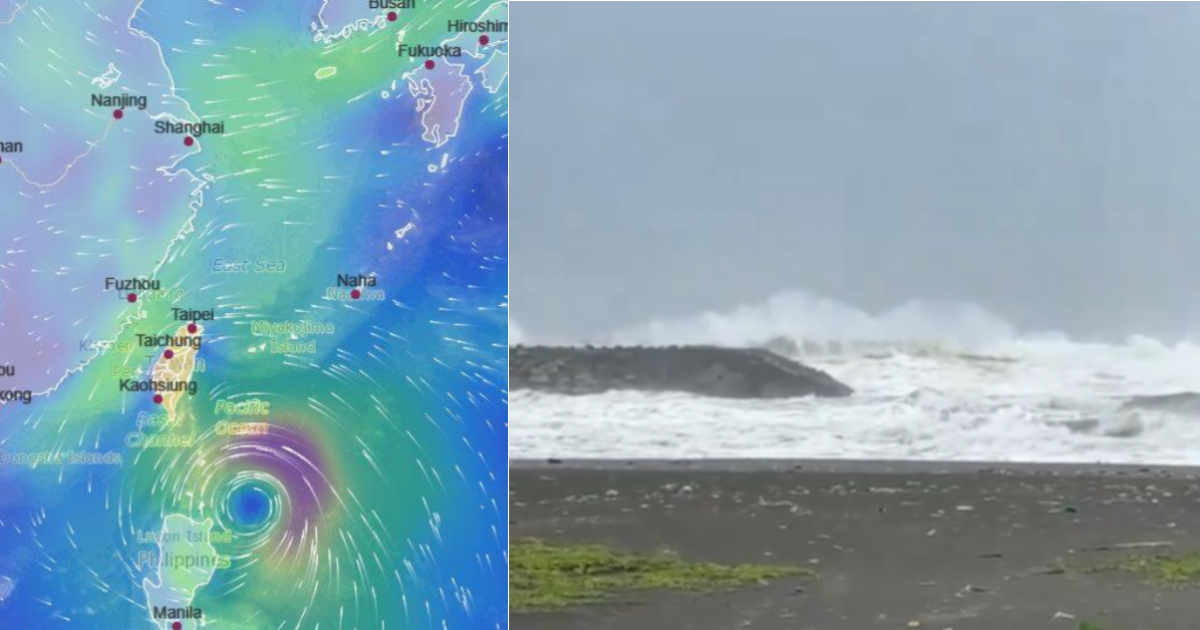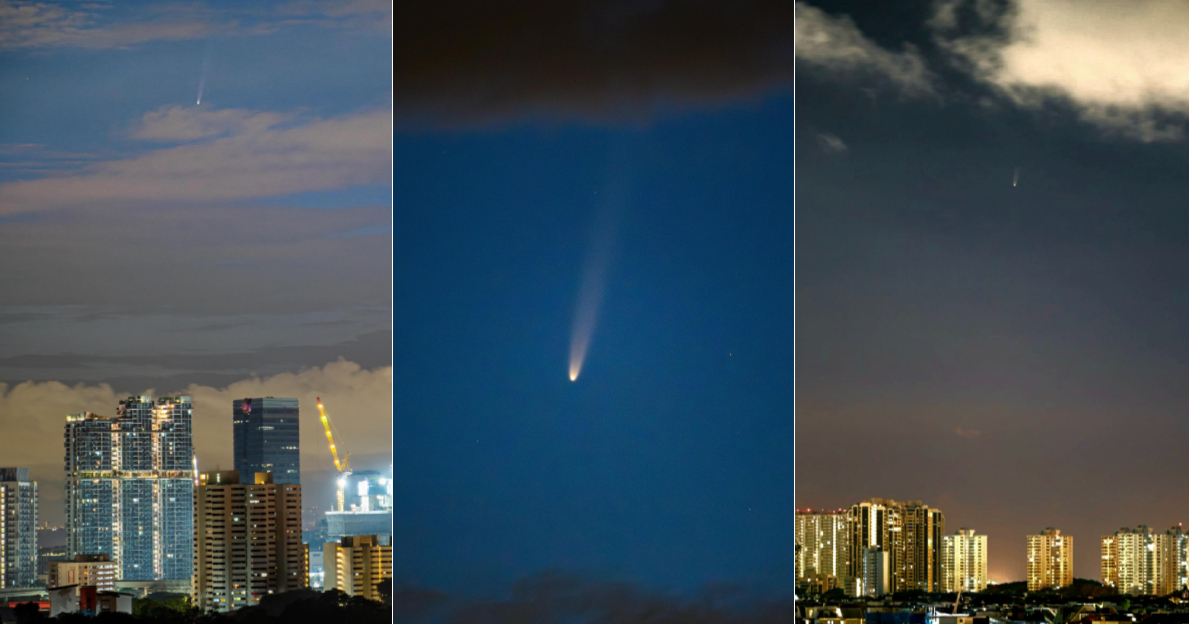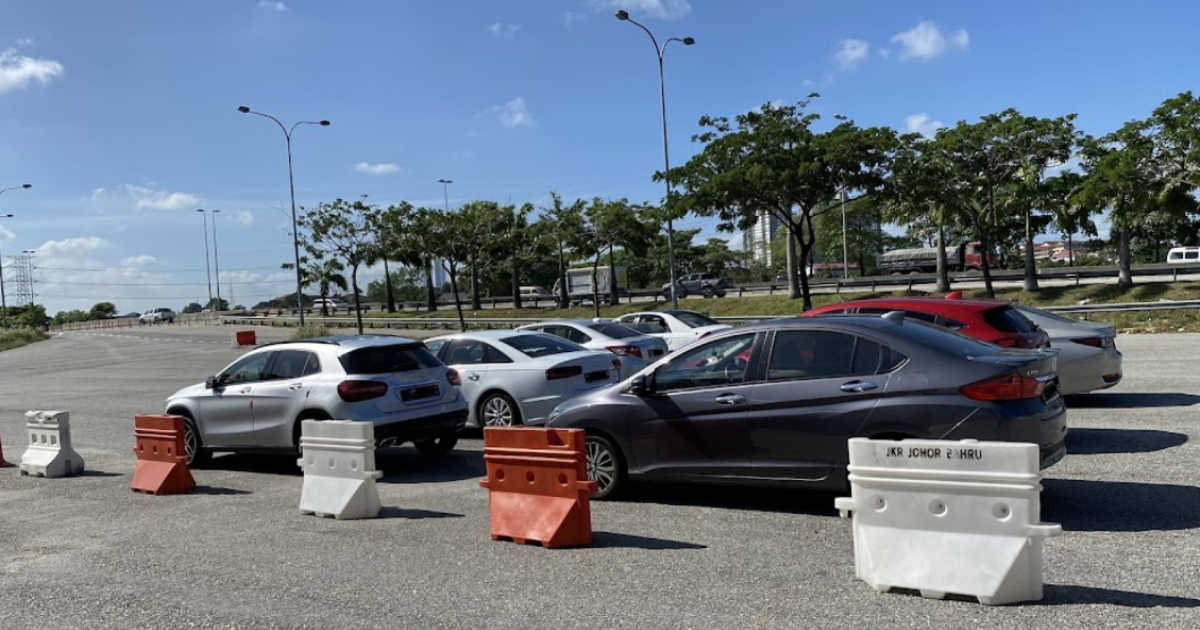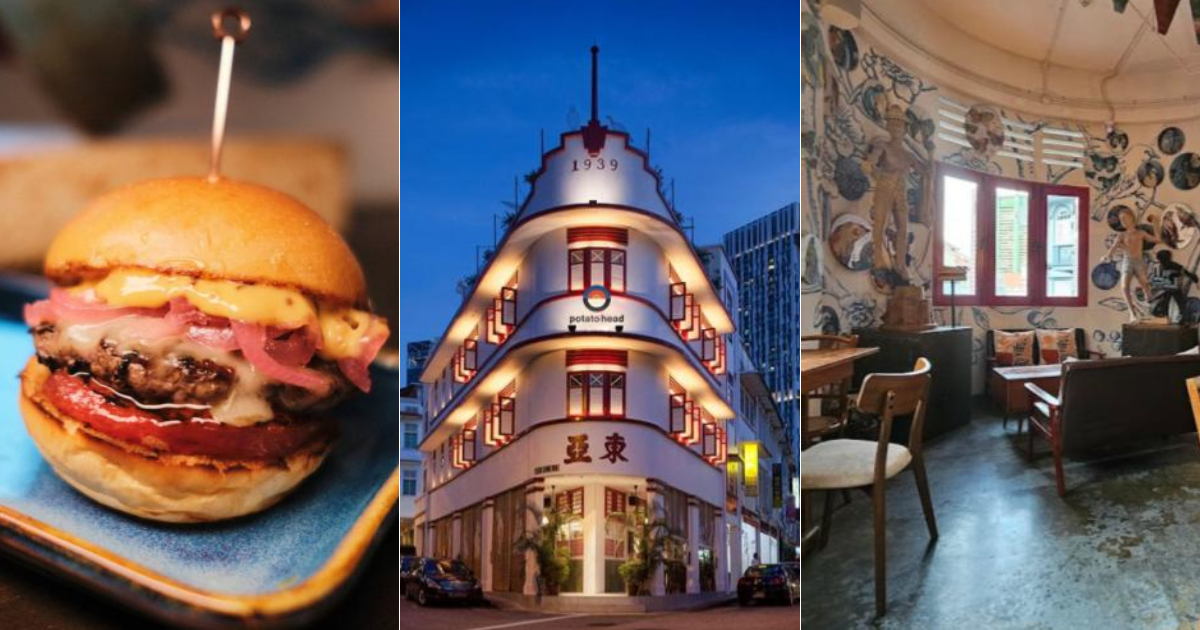A lot to look forward to in S'pore-India relations, for both govt & businesses: Vivian Balakrishnan
Singapore is the leading source for India's Foreign Direct Investment.
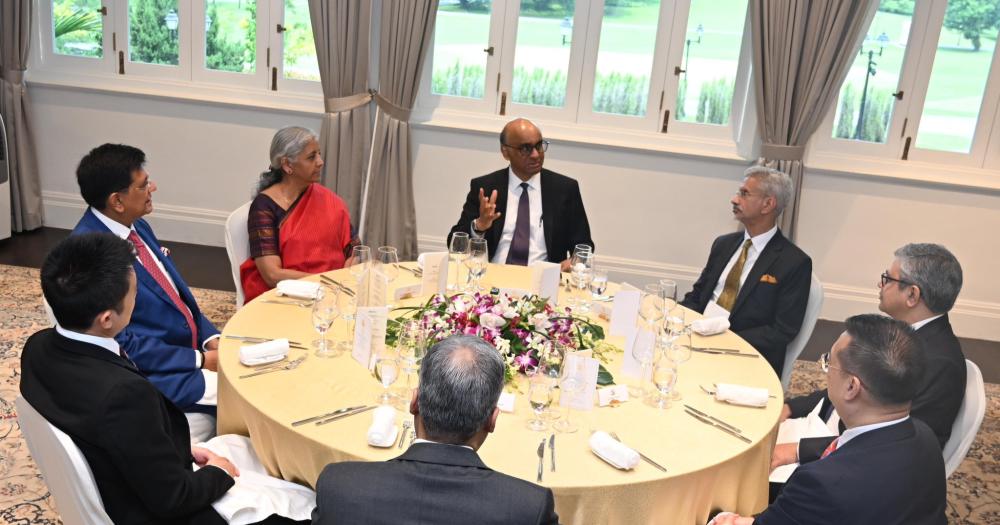
Minister for Foreign Affairs Vivian Balakrishnan spoke with the press after the second Singapore-India Ministerial Roundtable (ISMR) on Aug. 26, 2024.
Vivian described the meeting as very “productive and efficient”, and gave a generally optimistic view of bilateral relations, as well as talking up opportunities for Singapore and Singaporean companies in India.
Major ministerial representation
Singapore's ministerial delegation comprised Deputy Prime Minister Gan Kim Yong, Minister for Home Affairs and Law K Shanmugam, Minister for Manpower and Second Minister for Trade & Industry Tan See Leng, Minister for Transport and Second Minister for Finance Chee Hong Tat, Minister for Digital Development & Information and Second Minister for Home Affairs Josephine Teo, as well as Vivian himself.
India’s delegation included Foreign Minister S Jaishankar and Finance Minister Nirmala Sitharaman. They called on President Tharman Shanmugaratnam, and Prime Minister and Finance Minister Lawrence Wong.
This was the first meeting of senior members of both governments since PM Wong took office, and India's PM Narendra Modi was re-elected in June 2024.
Productive and efficient meeting
Vivian gave several reasons why the ministerial roundtable was so valuable at this time.
Firstly, India has become the most populous country in the world, as well as having the fifth largest GDP, having recently overtaken the United Kingdom.
It was projected that India would have the third largest GDP in the world by the end of the decade, having grown two-and-a-half times in the past two decades.
In addition, trade and investment with India is significantly trending upwards.
Singapore is the leading source of Foreign Direct Investment into India, accounting for a quarter of India's FDI equity flows, and therefore has much to gain as India's economy develops.
Turbocharge
The ministerial roundtable discussed green and sustainable development, digitalisation, skills, healthcare, advanced manufacturing, and connectivity.
Giving an example of recent successes in the bilateral relationship, Vivian highlighted the successful linking of digital payment systems between India and Singapore, a “very successful first step”.
Vivian said that improved linkages with India, Malaysia and Thailand, could eventually develop into a net, and in turn facilitate trade and economic development across the region.
The roundtable discussed how more could be done, such as agreeing on standards and technology in order to “turbocharge” economic integration between India and Asean.
This would also contribute to setting global standards, and overall accelerating economic development.
Vivian spoke about the many opportunities, such as the potential "tremendous growth" in aviation.
India had ordered more than 1,000 aircraft, and there would be great opportunities in aircraft maintenance, repair and overhaul (MRO) services in the future.
MRO is a significant sector for Singaporean aviation, and as of 2020, Singapore accounted for 25 per cent of Asia’s MRO revenue.
Energy and nuclear opportunities
Increased connectivity would also lead to opportunities in other adjacent industries, such as that of energy generation.
Mothership asked Vivian about whether nuclear energy cooperation had come up during discussion.
This was in light of Singapore’s growing interest in nuclear power as a potential power source, and India’s own extensive experience in the field. However, Vivian said that the topic had not yet been discussed.
Addressing a question from Tamil Murasu, Vivian said that a major component in considerations for projects in Amaravati was the level of political uncertainty and political risk involved in investment.
Singapore did need a certain amount of predictability, in order to maximise and facilitate such types of economic growth, a sentiment he had previously expressed in an interview with The Hindu earlier in the year.
Singapore would do its due diligence on the matter, assessing it on its own merits.
Success of the the previous ISMR
Vivian also spoke about successes of the first ISMR that took place in India in October 2022, specifically citing the implementation of electronic bills of lading, which helped facilitate trade between the two nations.
He hoped that other aspects of what was discussed at the ISMR would be able to come to fruition, with Singapore interested in energy, green energy, additional sources of food, as well as building up connectivity and maritime links.
Vivian said that there was a lot to look forward to, but there was still a lot of work that needed to be done at the governmental level, but also for the companies who were looking to India for new opportunities.
Related stories
Top image via @FinMinIndia/X
MORE STORIES







